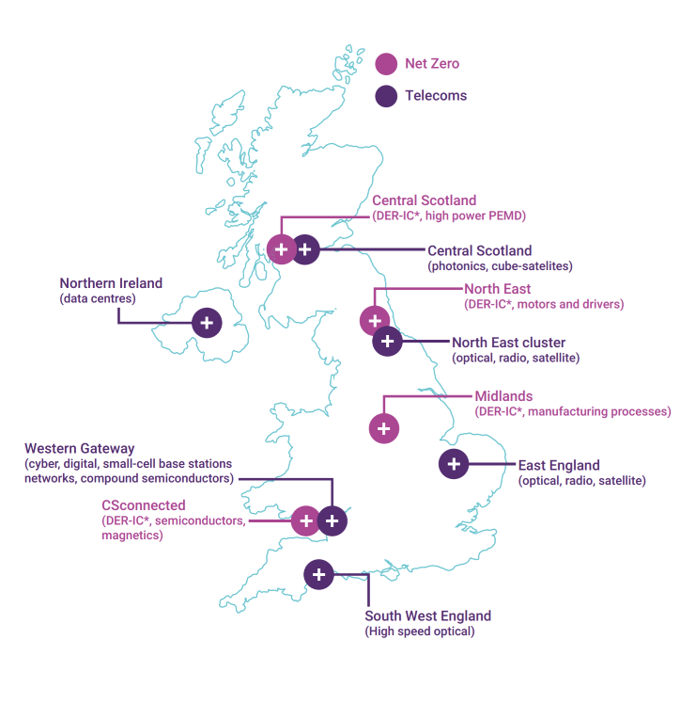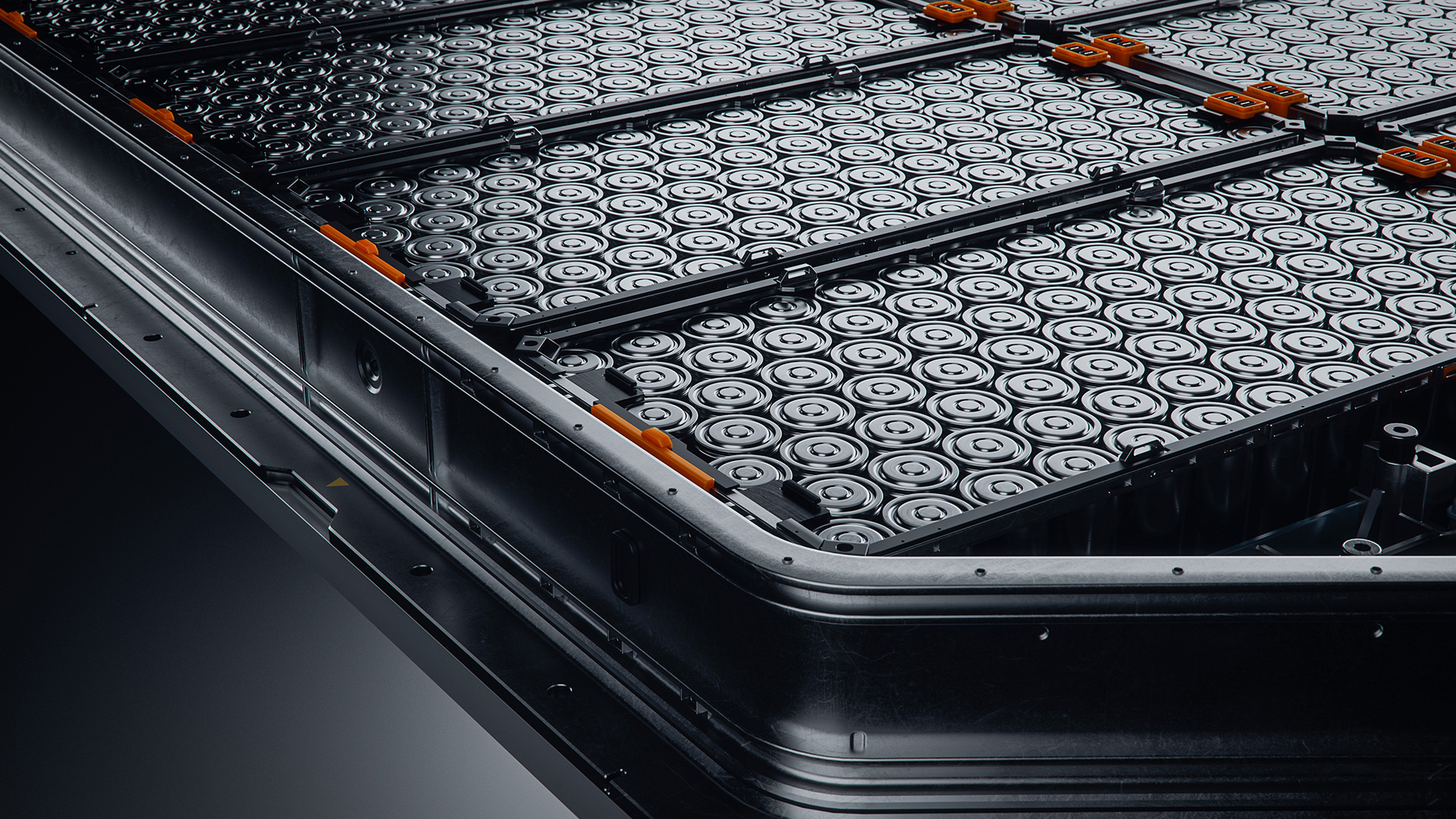Central to this vision will be the exploitation of compound semiconductors—a technology that will underpin the next-generation of advances across industries in which the UK excels, from aerospace, telecoms and defence to electric vehicles and renewable energy.
Furthermore, compound semiconductors will drive forward emerging technologies where the UK shows significant promise, such as quantum computing and AI.
As one of the world’s largest compound semiconductor markets, the UK is home to world-leading academic expertise and businesses at the forefront of compound semiconductor technology right across the supply chain.
The UK’s National Semiconductor Strategy describes the country as having ‘enormous strength’ in compound semiconductors and identified them as a key area if we are to realise the vision of becoming a science superpower.
Our job at the Compound Semiconductor Applications (CSA) Catapult is to help the UK along this journey, bringing academia and industry together to forge new supply chains and develop and commercialise the next generation of compound semiconductor products and technologies.
As a result of the 180 collaborations we have made since 2018, we’ve had a significant impact by helping to leverage over £177m of direct investment and creating or safeguarding more than 5000 jobs in the UK.
From our Innovation Centre in Newport, South Wales we are part of the world’s first compound semiconductor cluster—CSconnected—that has already supported 2,615 jobs and £303m in Gross Value Added.
Now that the UK Government has set out a clear vision of how it wants to grow our semiconductor industry, it is the perfect opportunity for us to expand our activities and align ourselves more closely with clusters across the country.








